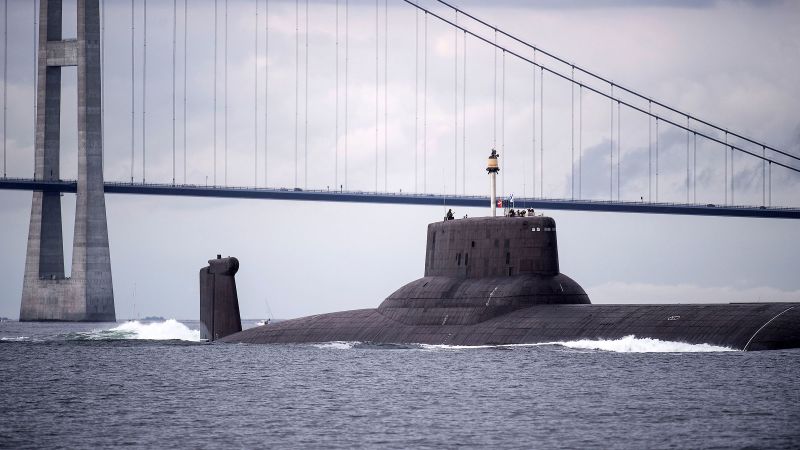The US has observed increased Russian military activity around undersea cables, leading to concerns that Russia may be planning potential sabotage operations to disable critical worldwide communications infrastructure. Russia has been focusing on building up a military unit known as the General Staff Main Directorate for Deep Sea Research (GUGI), which deploys surface ships, submarines, and naval drones. This unit is believed to be responsible for developing capabilities for undersea sabotage, which has raised alarms within the US about the potential threat posed by Russia to undersea critical infrastructure.
The US closely monitors Russian naval activity that patrols near critical maritime infrastructure and undersea cables, often located far from Russian shores. The secretive nature of the Russian unit’s undersea operations has not been widely reported before, and the US is concerned about the potential impact of any sabotage on private, government, and military communications, as well as industries relying on these communications like financial markets and energy suppliers. Undersea cables are a vital component of internet and telecommunications traffic globally, and any coordinated attack could have significant disruptive effects.
Russian naval activity over key undersea cables worldwide is closely watched by the US and its allies. This monitoring extends to the seas around Northern Europe, where Russia has a fleet of suspected spy ships operating potentially for sabotage of undersea cables and wind farms. Similar threatening activity has been seen by Chinese Navy forces in waters around Taiwan, indicating a trend of increased military surveillance and potential aggressive actions targeting undersea infrastructure. Despite ongoing conflicts like the war in Ukraine, Russia continues to prioritize funding for its GUGI unit, underscoring the importance placed on undersea capabilities.
The potential sabotage of undersea infrastructure by Russia would be viewed as a significant escalation in aggression by the US, outside of the conflict in Ukraine. Any damage to critical undersea infrastructure, especially during periods of heightened tensions, poses risks of misunderstandings and unintended escalations that could have far-reaching consequences. The US is particularly concerned about the damage to its own and its allies’ critical undersea infrastructure, recognizing the potential implications for global communications and security. Monitoring and responding to threats against undersea cables remain a priority for the US and its allies to ensure the integrity and security of these vital communication networks.













